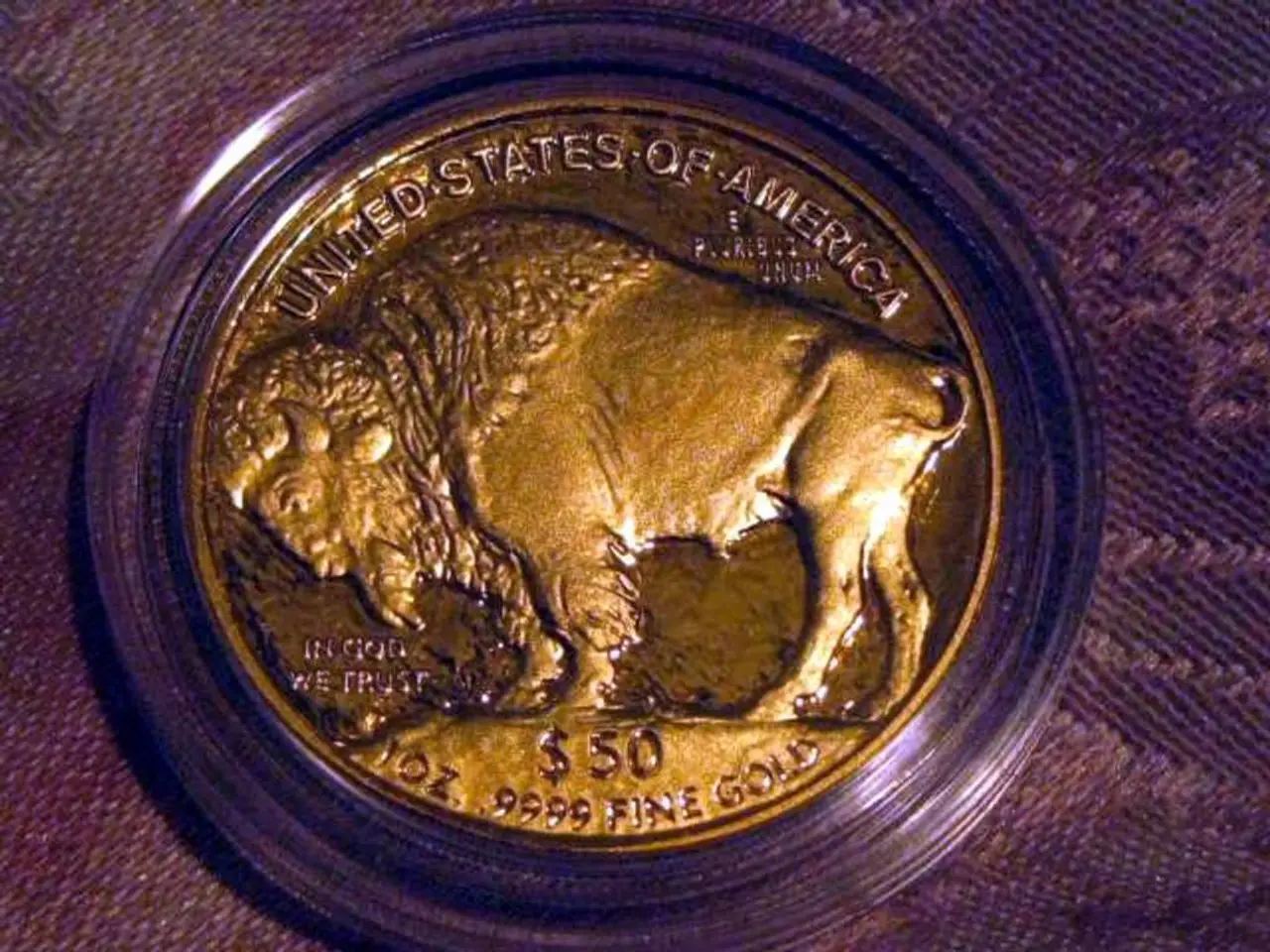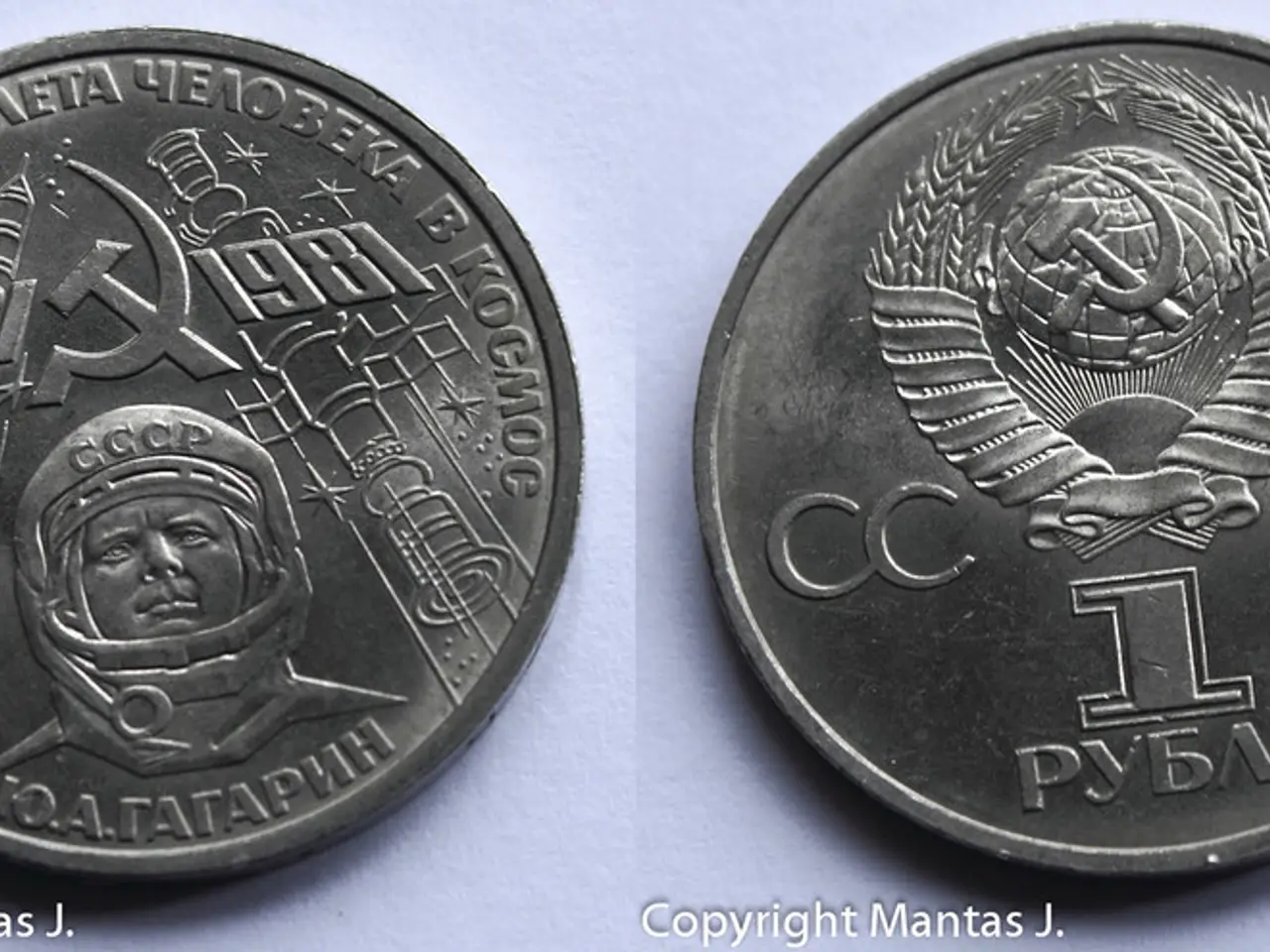Texas Establishes Own Bitcoin Reserve through Passage of SB21
In a groundbreaking move, Texas has become the first subnational entity in the United States to commit public funds for the direct acquisition of Bitcoin, marking a significant step towards integrating cryptocurrencies into its public financial strategies. The Texas Strategic Bitcoin Reserve, established by SB21 Law, is designed to provide protection and stability in several key ways.
The reserve, managed by the Texas Comptroller of Public Accounts, operates independently outside the general state treasury, ensuring its assets are not subject to routine political reallocation or budgetary pressures. Accompanying legislation, House Bill 4488, further insulates these assets from political interference by preventing reserve funds from being swept into general state revenues.
The law's eligibility criteria are stringent, with only cryptocurrencies with an average market capitalization of at least $500 billion over the previous 24 months being eligible for inclusion. As of now, only Bitcoin meets this requirement, with Ethereum as a potential future candidate if it rises to that threshold. By limiting eligibility to highly established and widely adopted cryptocurrencies, the law minimises risk and focuses on assets with proven resilience and liquidity.
Supporters of SB21 argue that Bitcoin serves as a strategic hedge against inflation, fiat currency volatility, and broader macroeconomic uncertainties. Its inclusion in state reserves is analogous to holding gold or oil—serving as a buffer against economic downturns. The law enables Texas to diversify its financial portfolio, reducing over-reliance on traditional assets and enhancing overall economic resilience.
Transparency is a key focus of the reserve, with the Comptroller mandated to publish biennial reports detailing the fund’s value and administrative actions. This ensures accountability and fosters public trust. The move also strengthens institutional support for the digital asset economy, potentially attracting crypto-related businesses and investments.
The reserve can be funded through legislative appropriations, investment earnings, voluntary donations from Texas residents, and potential revenue from Bitcoin forks, airdrops, and staking rewards. Clear legal protocols are established for acquiring, holding, and selling Bitcoin and other eligible digital assets, ensuring prudent management and reducing the risk of mismanagement.
In summary, SB21 establishes a forward-looking financial strategy that leverages the unique properties of Bitcoin and other highly capitalized cryptocurrencies to protect and stabilize Texas’s economic future, while promoting transparency and regulatory confidence for digital assets. The strategic Bitcoin reserve is a bold step that reflects confidence in the future of cryptocurrencies and their ability to integrate into the real economy.
[1] Texas Tribune. (2021, June 15). Texas passes bill to create a Bitcoin reserve. Retrieved from https://www.texastribune.org/2021/06/15/texas-bitcoin-reserve/ [2] CoinDesk. (2021, June 15). Texas passes bill to create a Bitcoin reserve. Retrieved from https://www.coindesk.com/policy/2021/06/15/texas-passes-bill-to-create-a-bitcoin-reserve/ [3] Coindesk Markets. (2021, June 15). Texas passes bill to create a Bitcoin reserve. Retrieved from https://markets.coindesk.com/news/93676001/texas-passes-bill-to-create-a-bitcoin-reserve [4] Fortune. (2021, June 15). Texas passes bill to create a Bitcoin reserve. Retrieved from https://fortune.com/2021/06/15/texas-passes-bill-to-create-a-bitcoin-reserve/
In the context of Texas's Bitcoin reserve, the Comptroller may consider diversifying the reserve's holdings to include other established and widely-adopted cryptocurrencies for potential investment, such as Ethereum or any others that meet the law's eligibility criteria. As the reserve grows, it could attract other forms of finance, like technology-focused venture capital, which recognize the strategic potential of Bitcoin and similar digital assets.




